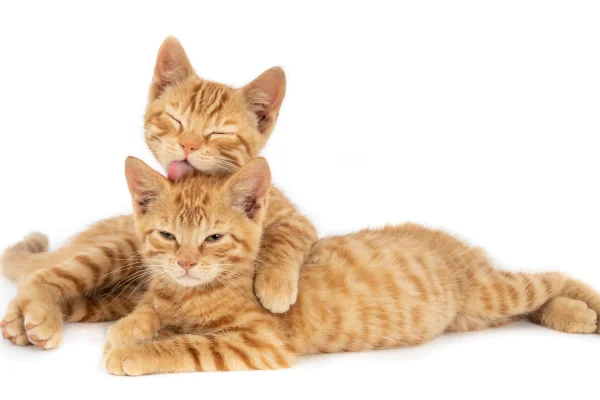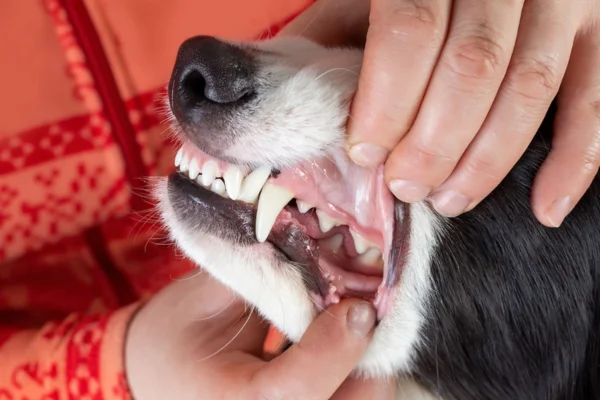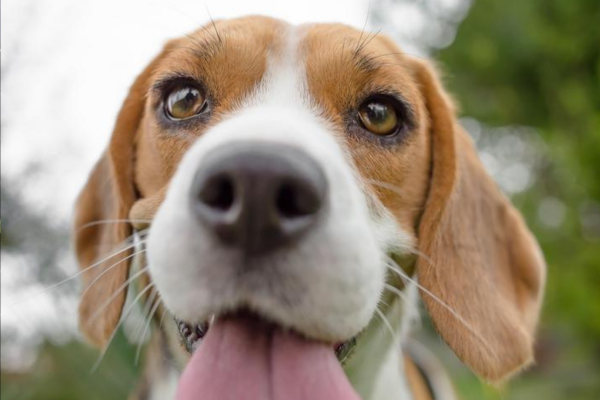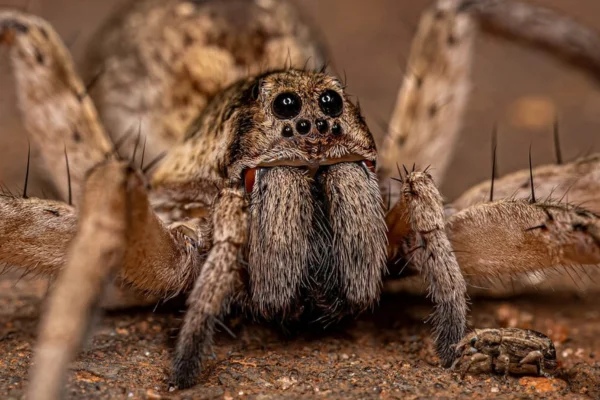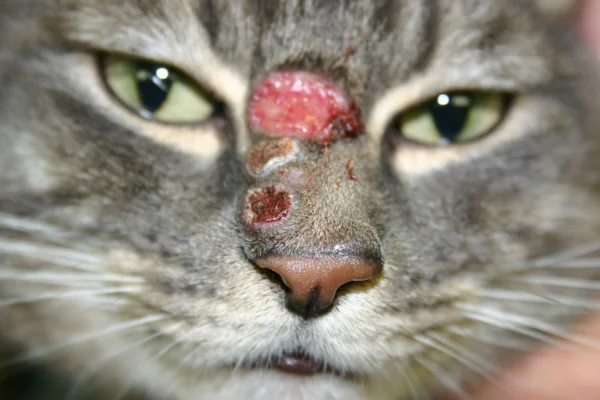Digestive System Diseases in Cats
Introduction: Digestive System Diseases in Cats
Cats' digestive systems are an essential part of their overall health. Just like in humans, a cat's digestive system is vulnerable to various diseases that can impact on their quality of life. In this article, we'll explore some of the most common diseases affecting the digestive system in cats and discuss how to identify, treat and prevent them.
1. Intestinal obstruction
An intestinal obstruction occurs when something blocks the normal flow of food and liquids through a cat's intestines. This can be caused by accidentally swallowing foreign objects such as wires, plastic or small bones. Symptoms include frequent vomiting, lack of appetite and constipation. If left untreated, an intestinal obstruction can be fatal and requires immediate medical intervention.
Contents
2. Feline gastritis
Gastritis is inflammation of the lining of the stomach. Cats can develop gastritis due to food allergies, bacterial or viral infections and the ingestion of toxic substances. Symptoms include vomiting, diarrhea, lethargy and loss of appetite. Treatment involves a light diet, hydration and, in severe cases, medication to control inflammation.
2.1 Acute vs. chronic gastritis
Gastritis can be acute or chronic. Acute gastritis comes on suddenly and the symptoms are intense, but usually resolve with treatment. Chronic gastritis, on the other hand, is long-lasting and the symptoms can be milder but persistent.
3. Feline pancreatitis
Pancreatitis involves inflammation of the pancreas and can also affect cats. Symptoms include abdominal pain, vomiting, diarrhea and lethargy. The exact cause of pancreatitis is not always clear, but high-fat diets and pre-existing illnesses can contribute. Treatment requires veterinary care and dietary adjustments.
4. Hepatic insufficiency
Liver failure occurs when the liver cannot function properly. It can be caused by infections, toxins, tumors or underlying health problems. Symptoms include jaundice, weight loss, confusion and disorientation. Treatment aims to address the underlying cause and may involve medication and supportive therapies.
5. Parasitic Diseases
Intestinal worms and parasites can infect cats' digestive tracts. This can lead to symptoms such as vomiting, diarrhea, weight loss and anal irritation. Prevention is crucial and involves regular deworming and keeping the environment clean.
6. Inflammatory Bowel Disease (IBD)
IBD is a chronic condition of the digestive system that affects cats. Symptoms include chronic diarrhea, weight loss and dehydration. Treatment usually involves a special diet, medication and regular veterinary follow-up.
7. Feline Megaesophagus
Megaesophagus is a condition in which the esophagus dilates and loses its function of pushing food into the stomach. This can cause constant regurgitation and malnutrition. Treatment involves feeding the cat in an upright position to help transport the food.
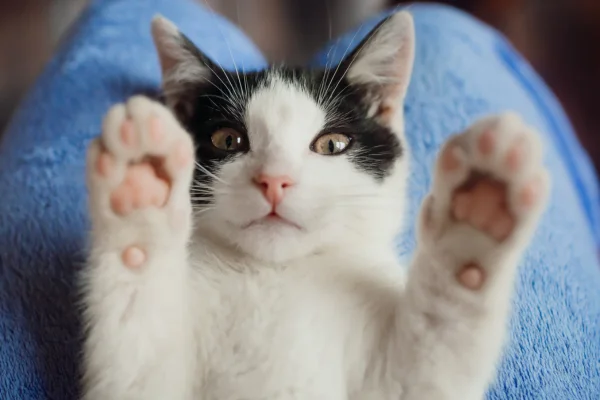
Diet and Prevention
A healthy diet is essential to keep your cat's digestive system in good condition. Avoiding harmful human food and opting for high-quality food is essential. In addition, providing fresh water and ensuring a stress-free environment also helps prevent digestive diseases.
Conclusion
Cats' digestive systems are complex and susceptible to various diseases. Keeping a close eye on symptoms, providing regular veterinary care and maintaining a balanced diet are essential steps to ensuring your feline's digestive health.
FAQs: Digestive System Diseases in Cats
1. What are the signs of intestinal obstruction in cats? Signs include frequent vomiting, lethargy and abdominal pain.
2. Can cats have food allergies? Yes, cats can develop food allergies that lead to digestive problems.
3. How to prevent parasitic diseases in cats? Keep your cat dewormed regularly and maintain strict hygiene in the environment.
4. Is pancreatitis in cats treatable? Yes, although treatment requires veterinary care and dietary adjustments.
5. How important is hydration for feline digestive health? Adequate hydration helps maintain normal digestive function and prevents constipation.
Thanks for stopping by, check out our other work too
https://cuidar.petlove.com.br/cachorro/brinquedos
https://vettopbr.com/tosse-em-caes/
Digestive System Diseases in Cats

